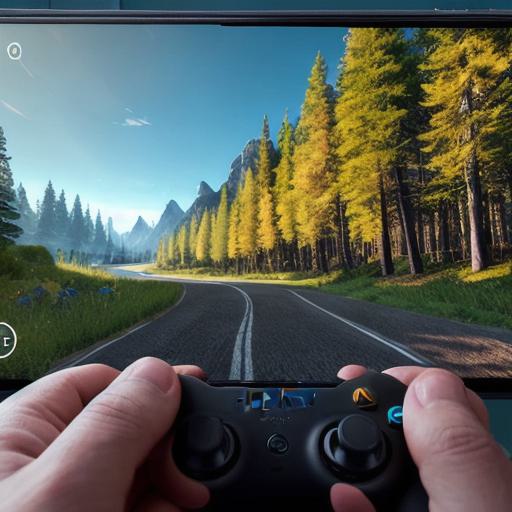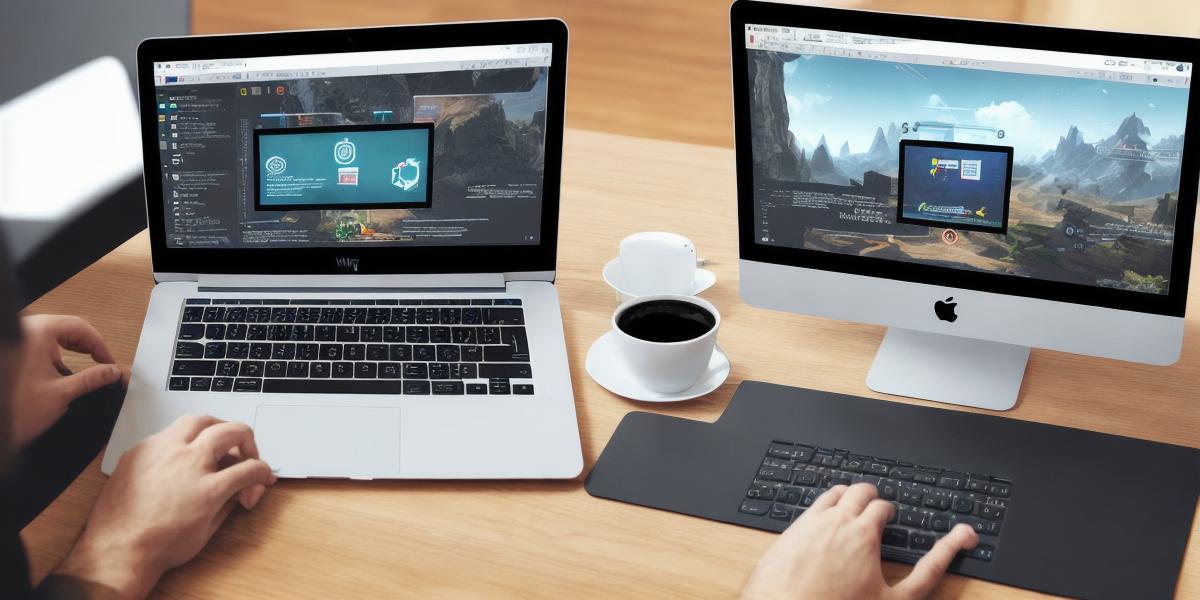Introduction

Web developers seeking to expand their skill set and venture into mobile game development may find Unity as an ideal choice. Unity, a versatile cross-platform engine, caters to both novice and expert game developers alike. In this comprehensive guide, we’ll discuss the fundamentals of getting started with Unity mobile game development for web developers.
**Understanding Unity: A Brief Overview**
Unity is an all-in-one solution for game creators. It offers a visual editor, scripting APIs, and a rich asset store to help bring your ideas to life. With its powerful features and extensive community support, Unity has become the go-to choice for mobile game development.
**Prerequisites: Knowledge and Tools**
To get started with Unity mobile game development, web developers should have a basic understanding of HTML, CSS, and JavaScript. Familiarity with C is highly recommended as it’s the primary scripting language in Unity.
Additionally, make sure you have the following tools installed:
Unity Hub: The installer and launcher for Unity projects
Visual Studio Code (or any preferred code editor):
For writing and debugging scripts
Android Studio or Xcode: For building and testing your mobile games on physical devices
Setting up Your Development Environment
Begin by downloading and installing Unity Hub, along with the desired version of Unity for game development. After installation, create a new project using the ‘2D’ or ‘3D’ template, depending on your project type. Import any required assets from the asset store to enhance your game.
**Learning Unity: Basics and Beyond**

To get familiar with Unity, explore its fundamental concepts such as Scenes, GameObjects, Components, Prefabs, Scripts, and Event System. These building blocks form the foundation of any Unity project.
Once you’ve grasped the basics, dive deeper into more advanced topics like physics simulations, shaders, animation systems, and networking. Unity documentation, tutorials, and forums offer valuable resources to help you learn and grow.
**Building Your Mobile Game: Preparation and Execution**
Before building your mobile game, ensure the following steps are completed:
- Set up your target platform (Android or iOS) by configuring your project settings and downloading any required development certificates.
- Build your game in the Unity editor, ensuring it runs smoothly without errors.
- Test your game on a physical device to identify any potential issues.
- Use Android Studio or Xcode to build the final version of your game for mobile distribution.
Summary: Embarking on Your Mobile Game Development Journey with Unity
In conclusion, Unity offers web developers an excellent platform to create engaging and interactive mobile games. By following the steps outlined in this guide, you’ll be well on your way to mastering the basics of Unity and building successful mobile games for various platforms.
